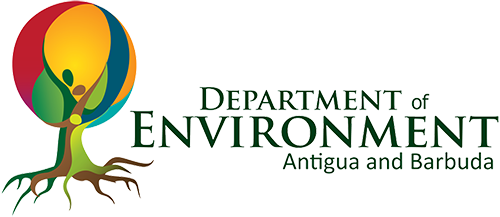The second meeting of the signatories to the Escazú Agreement took place today, December 8, at the Tradewinds Hotel, and conspicuously absent from the list of local participants was the Department of the Environment (DoE).
Given that the DoE is the lead government agency on environmental matters, its absence seems to indicate a division in the Government’s approach to these issues, one participant says.
The Escazú Agreement, adopted in 2018 in Costa Rica, is a treaty that strengthens the link between human rights and environmental defense. And, among other obligations, it makes the State responsible for protecting environmental human-rights defenders.
These defenders often live close to natural environments and, therefore, play a critical role in protecting them, the Meeting notes.
They may be indigenous people, or local communities, who find themselves at the centre of large-scale development projects, mining activities, or gradual encroachment from agriculture, tourism resorts, commercial areas, and expanding populations.
In some Latin American countries, environmental defenders have been criminalised, reports say, and hostile action against them is not uncommon. Such actions range from surveillance and intimidation to physical and verbal attacks – and even murder.
Investigations show that, globally, the recorded deaths of these defenders have increased from two to four per week over the last 15 years.
Statistics show that 84 of the 167 defenders killed in 2018 were from Latin America. And, according to reports, these acts of violence and intimidation are often not investigated, or not adequately brought to justice.
George Wehner, the United Progressive Party’s Spokesman on Environment Matters, notes the relevance of this information to what is now happening in Antigua with the YIDA project and its sand-mining activities in the North East Marine Management Area.
He points, as well, to the situation on Barbuda, where the community there accuses the PLH development and the runway-construction projects of degrading the environment.
Ironically, Antigua & Barbuda was the first Caribbean country to sign the Treaty, which now has 24 member-countries.
“Maybe that is why the Department of the Environment was absent from today’s meeting,” suggests Wehner. “Knowing what its officials are allowing, even in the face of their obligations under the Treaty, it would be difficult for them to show up,” he says.
“Meanwhile, the Nation and the region are eagerly waiting to see how binding this Agreement will be on the Government agencies that are mandated to protect both the environment and its defenders,” Wehner concludes.
Tuesday’s meeting was chaired by Senator Maureen Payne-Hyman, a Minister of State in the Ministry of Legal Affairs, with opening remarks delivered by MP Samantha Marshall.
It centred on the “Agreement to Information, Public Participation and Justice in Environmental Matters in Latin America and the Caribbean,” and featured presentations by experts from both regions.
There were 14 local participants, including government agencies; the Environmental Awareness Group (EAG); the United Nations Development Programme (UNDP); the UPP; and religious organizations.
